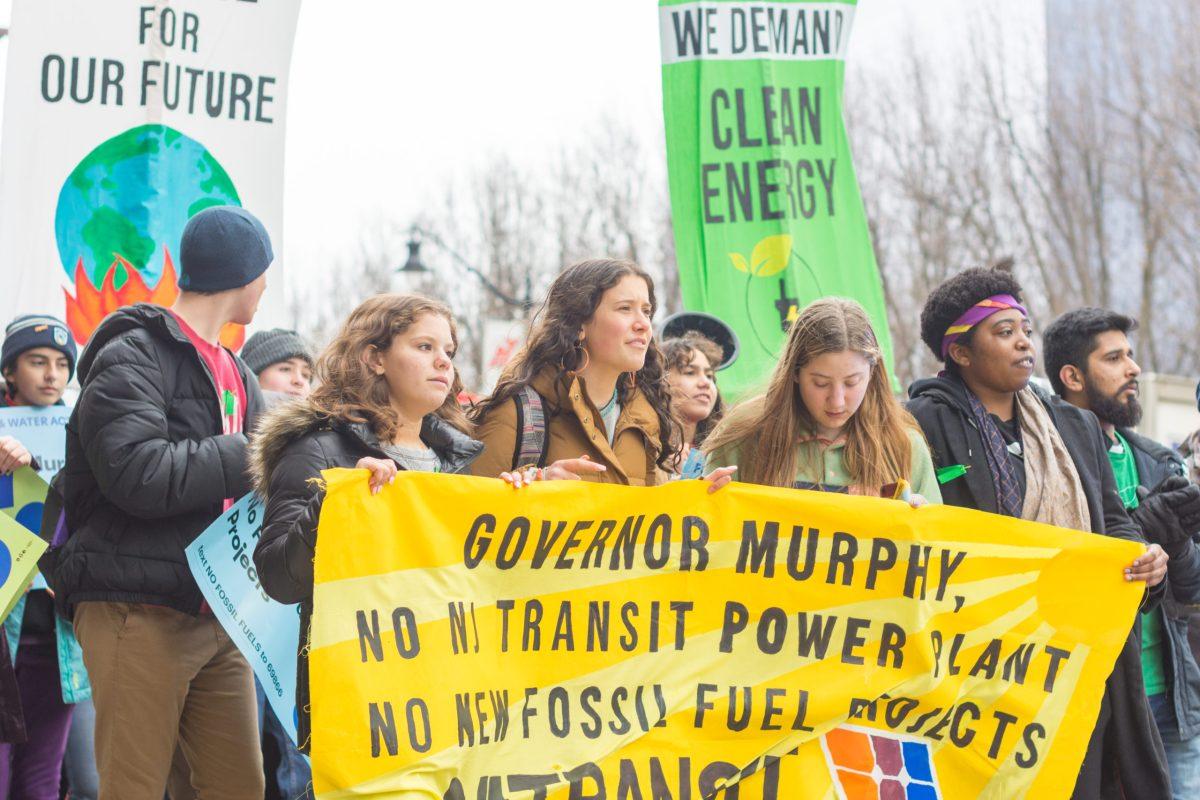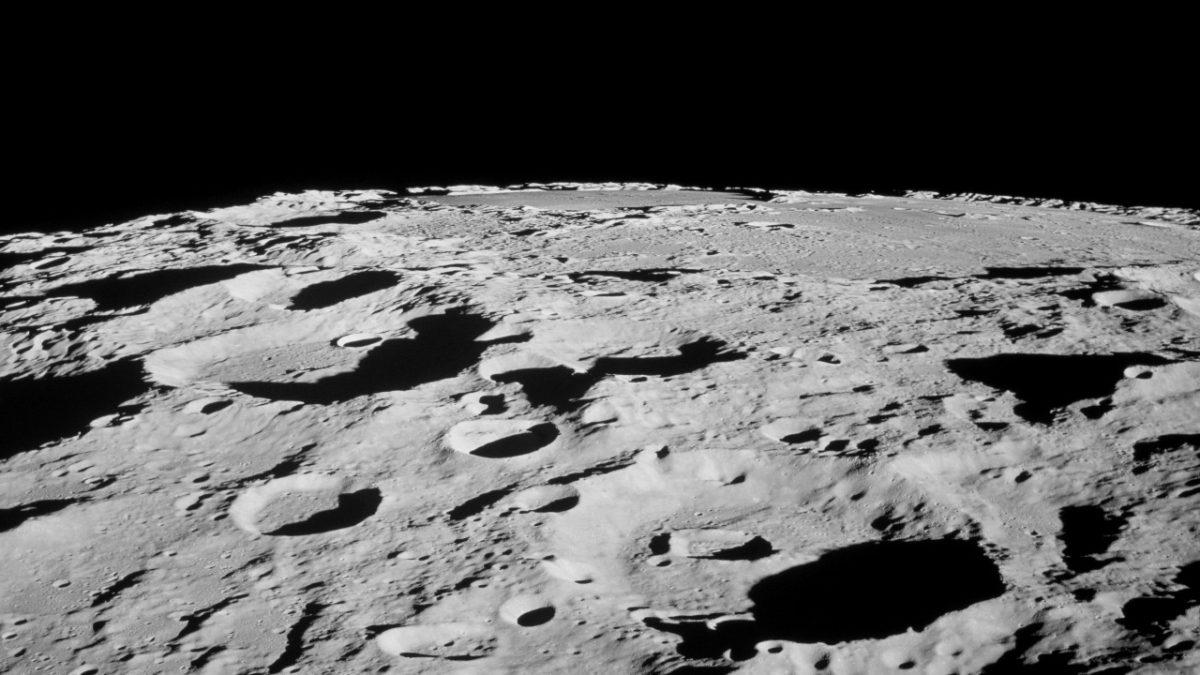With the historic (and quite contentious) 2020 election only a few days behind us, many pertinent political issues have reached the forefront of the collective consciousness. Not the least of these issues is that of global climate change, with record-low levels in sea ice alongside a barrage of natural disasters leading to increased calls from climate activists for immediate change. So, it is not difficult to see why the Murray Center for Women in Technology recently hosted a conference on such a pressing issue.
The “Climate NOW” colloquium hosted on Friday, Oct. 30 featured presentations from two guest speakers well versed in the issues posed by climate change. First was Dr. Ben Santer, a climate scientist from Lawrence Livermore National Laboratory who played an integral part in the penning of the International Panel on Climate Change Second Assessment Report in 1995. Throughout his talk he spoke to the various ways in which climate change could be better communicated to those who still remain skeptics, stating “we all lose if we embrace ignorance with open arms.”
One of his key points is the importance of each individual to find their own way of using their voice to create better awareness of the pertinent issues facing our planet in the form of climate change. From Congressional testimony to talking with friends and family, Santer emphasized the importance of finding “what you’re good at, what you’re passionate about.” And such advocacy, in Santer’s view, must be backed up with solid science. This is why he also dedicated a good portion of his presentation to detailing the myriad ways that climate scientists have shown the existence of anthropogenic climate change. Ultimately, Dr. Santer’s main hope seemed to be that by engaging as many as possible in open and informed dialogue, that climate change will be taken as seriously as it ought to be.
The colloquium also included a portion by Dr. Neil M Maher, an NJIT professor and historian with a focus on the interaction between politics and conservationism. With the core goal of investigation on “how climate change influenced our past, and [how can we use that] to better adapt to our future,” Maher paid special attention to the ways that the fight for environmental change intersects with that for social justice. By invoking two major examples (a planned chemical waste dumping in a populated area of North Carolina, and the devastation in New Orleans following Hurricane Katrina in 2005), Maher demonstrated a common thread among the government handling of environmental issues. When little care is taken to the hazards posed by our industrial activities it is poor, minority communities bear the brunt of the burden. This can be summed up in the closing words of Dr. Maher: “the climate change crisis is also a climate justice crisis.”
Both speakers left some key advice at the ends of their presentation. In the opinion of Dr. Santer, the main way students can participate is “informing [themselves] about the basic science and impacts of climate change” with the understanding that “we are not, as a society, going to be able to shift the needle on climate change and make smart decisions on how to address it” without a base level understanding from the community. Maher recommends that students should get politically active and “take to the streets… if taking to the streets is not your cup of tea [join organizations focused on fighting climate change]”.









































